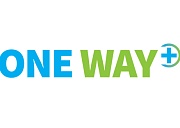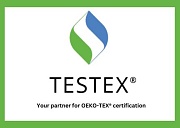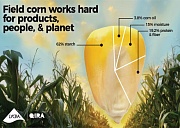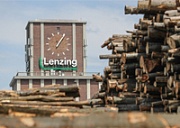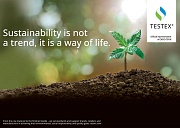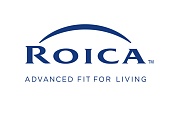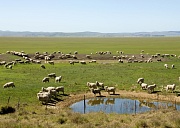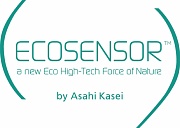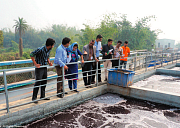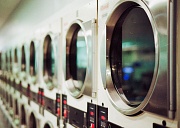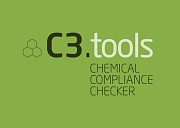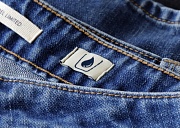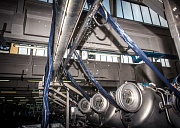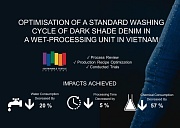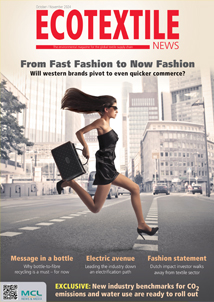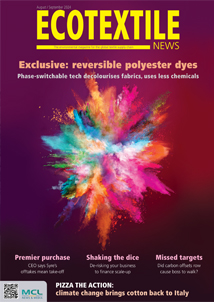SPONSORED CONTENT - As bluesign technologies enters its second decade of operations, CEO Jill Dumain says supply chain transparency and partnerships will be essential to keep sustainability on track following the global pandemic.
As a former Patagonia executive, Dumain was one of the early adopters of the bluesign system - one of the textile industry’s most stringent environmental and chemical management solutions - that she now heads up.
“The outdoor clothing industry was an excellent proving ground for the bluesign system because the textiles we used at Patagonia were very diverse and very complex, from three to four-layer coated fabrics to basic cotton t-shirts – and everything in between,” she says. “Bluesign’s early days making in-roads into this sector showed that its system approach of input stream could work in these many different kinds of textile supply chains.”
Historically, textile supply chains have had challenges on transparency and sustainability due to the length of their supply networks, but Dumain remains positive, that progress on these issues in recent years will continue as the modern world itself evolves. “I don’t think the textile industry has a choice to move away from sustainability anymore,” she explains. “This is largely down to things like the young generation of consumers whose lives are dominated by mobile devices and social media. They put almost everything on there, which in a way, means they live a very transparent life.”
This, she says, means they expect similar levels of transparency from others. Disruption In the meantime, the emergence of COVID-19 has brought significant disruption to industry supply chains. But Dumain remains upbeat: “I’m optimistic that the industry momentum leading up to COVID-19 will be maintained. Sustainability won’t be a casualty of COVID. But due to the disruption, the industry has to think about forming tighter bonds with suppliers right through the supply chain. And that’s what was impressive to me about bluesign when I was a client while at Patagonia, because it not only deals with input streams at textile mills, it also includes the actual chemical manufacturers themselves.”
People don’t often know this and it’s why, for Dumain, knowledge is a big barrier to environmental progress. On the one hand there is so much information now – compared to 20 years ago when bluesign first started. So, for a brand or retailer it’s a question of where do you start? What do you prioritise? Dumain says bluesign’s brand assessment tool can help through a sustainability review of performance on chemical management that then leads to a roadmap for change.
“Using the knowledge from our industry veterans, we find hotspots in supply chains to identify areas where there can be rapid improvement and educate brands about the risks.” But this cannot be done all at once, she says. A stepwise approach is needed. So, her advice to retailers new to this is to first identify what sustainability initiatives meet the values of the company and its customers. “If you are in the outdoor industry making ocean products, clean water pollution will be important to your customers and executives.
“But whether you are a large or a small retailer, you need to start now on this journey because the industry urgently needs a collective voice so that consumers know where to purchase responsible products – bluesign can help brands and retailers to do this and to target the areas that make most sense for the company’s overall environmental goals and policy."












